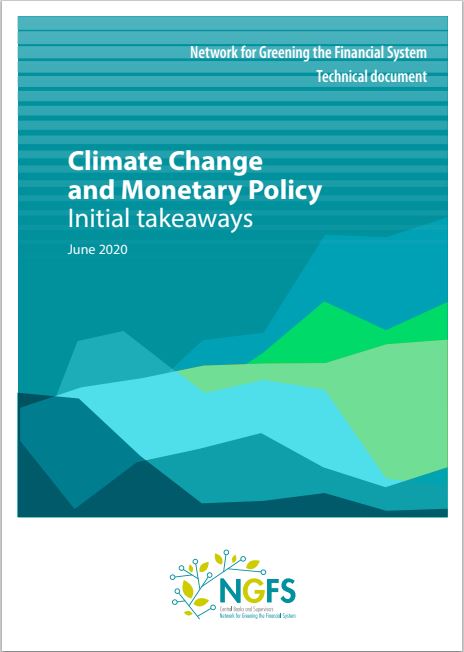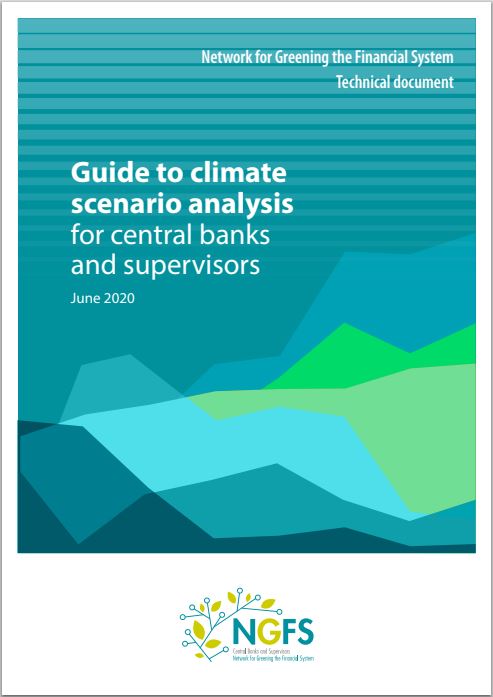Suche nach Publikationen
In Anführungszeichen (") umschlossener Text findet nur die Seiten, in denen dieser Text genau so vorkommt.
-
Does greater transparency discipline the loan loss provisioning of privately held banks? Discussion paper 40/2020: Jannis Bischof, Daniel Foos, Jan Riepe
1 MB, PDF
-
-
-
Financial shocks and the relative dynamics of tangible and intangible investment: Evidence from the euro area Discussion paper 39/2020: Johannes Gareis, Eric Mayer
441 KB, PDF
-
Monatsbericht - Juli 2020
Der Monatsbericht Juli 2020 betrachtet den deutschen Leistungsbilanzüberschuss aus der Sicht makroökonomischer Modelle und befasst sich mit Ausmaß und Motiven der Aufbewahrung von Bargeld in deutschen Haushalten.
-
Procyclical asset management and bond risk premia Discussion paper 38/2020: Alexandru Barbu, Christoph Fricke, Emanuel Moench
1 MB, PDF
-
-
-
-
Negative monetary policy rates and systemic banks‘ risk-taking: Evidence from the euro area securities register Discussion paper 37/2020: Johannes Bubeck, Angela Maddaloni, José-Luis Peydró
552 KB, PDF
-
Central bank funding and credit risk-taking Discussion paper 36/2020: Peter Bednarek, Valeriya Dinger, Daniel Marcel te Kaat, Natalja von Westernhagen
436 KB, PDF
-
Fiscal sustainability during the COVID-19 pandemic Discussion paper 35/2020: Patrick Hürtgen
605 KB, PDF
-
Robust inference in time-varying structural VAR models: The DC-Cholesky multivariate stochastic volatility model Discussion paper 34/2020: Benny Hartwig
5 MB, PDF
-
-
-
-
-
Zusammenfassung der geldpolitischen Sitzung des Rates der Europäischen Zentralbank vom 3.-4. Juni 2020
196 KB, PDF
-
 Climate Change and Monetary Policy Initial takeaways
Climate Change and Monetary Policy Initial takeawaysClimate change is one of the most significant structural force shaping the global economy. Its impact will be substantial and diverse, affecting all economic agents and sectors across the globe. This report compiled by the NGFS group of experts on monetary policy and climate change investigates the possible effects of climate change on the conduct of monetary policy.
-
 Guide to climate scenario analysis for central banks and supervisors
Guide to climate scenario analysis for central banks and supervisorsClimate change, and our response to it, will have a significant impact on economic and financial systems. The impacts will be far-reaching in breadth and in magnitude; subject to tipping points and irreversible changes; and are uncertain yet at the same time totally foreseeable. In particular, while we do not know now exactly what physical and transition risks will materialise, we do know for sure that we will face some combination of those risks. And, crucially, we also know that the size and balance of these future financial risks and economic costs will depend on the actions we take today.